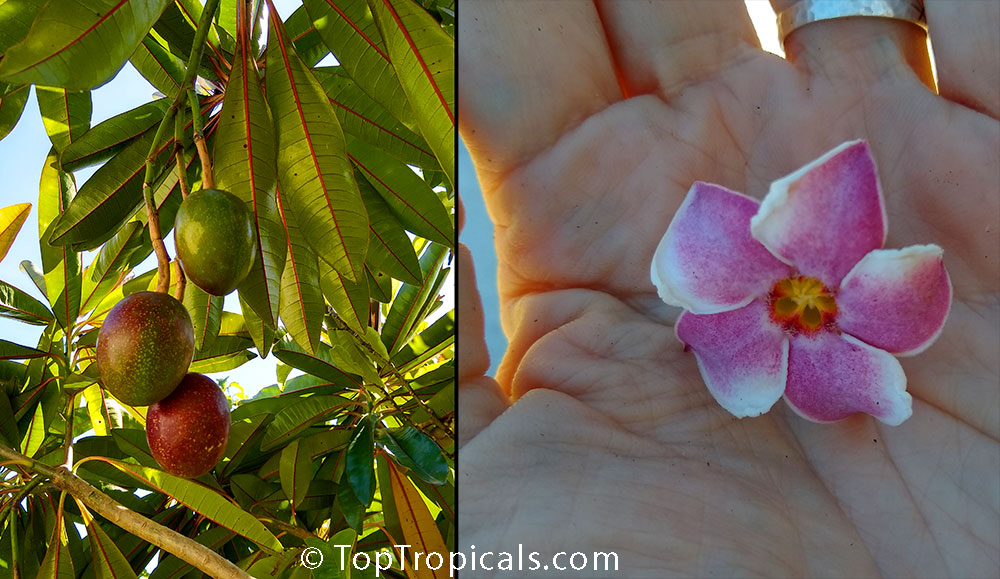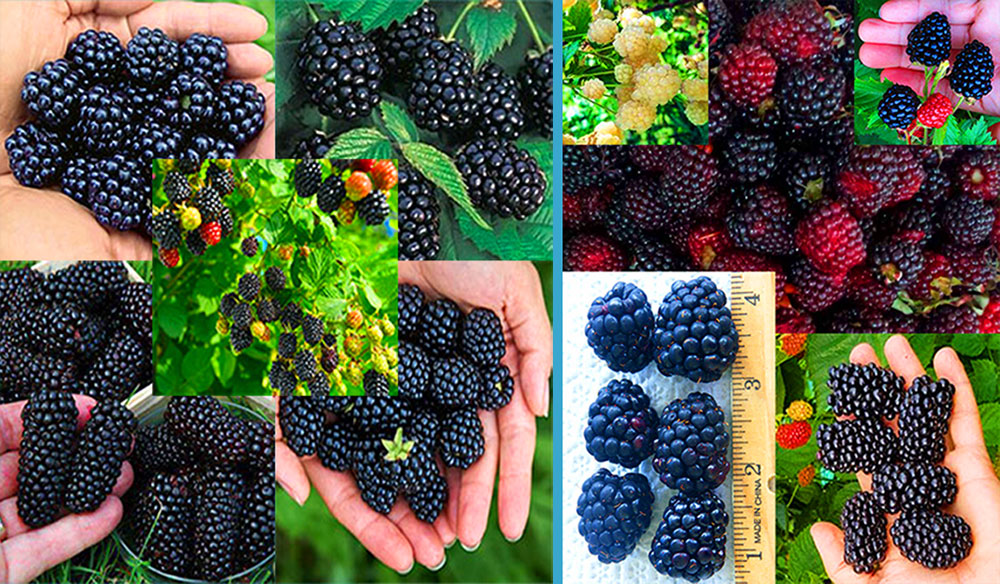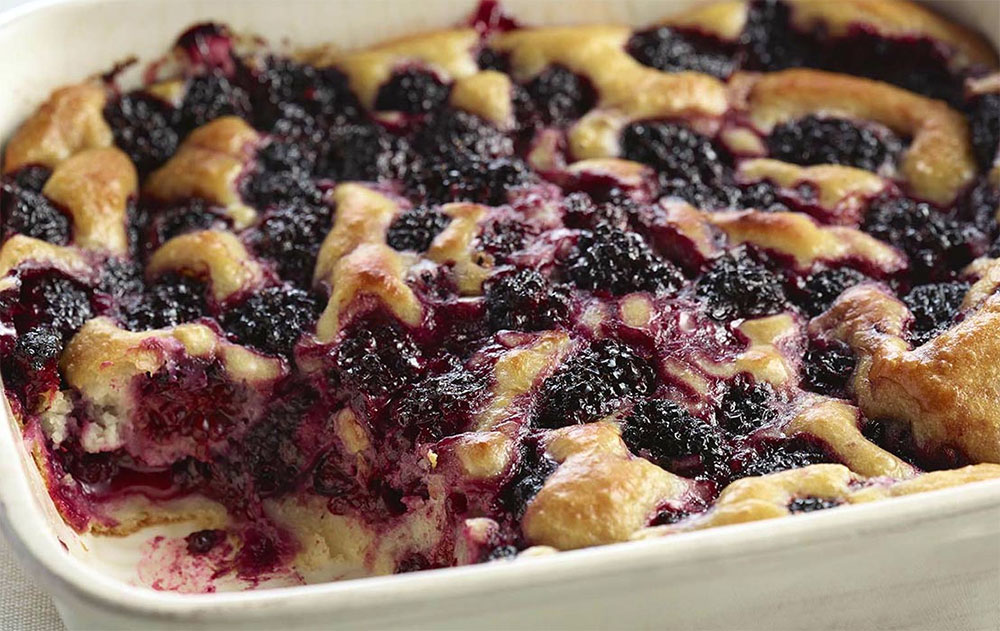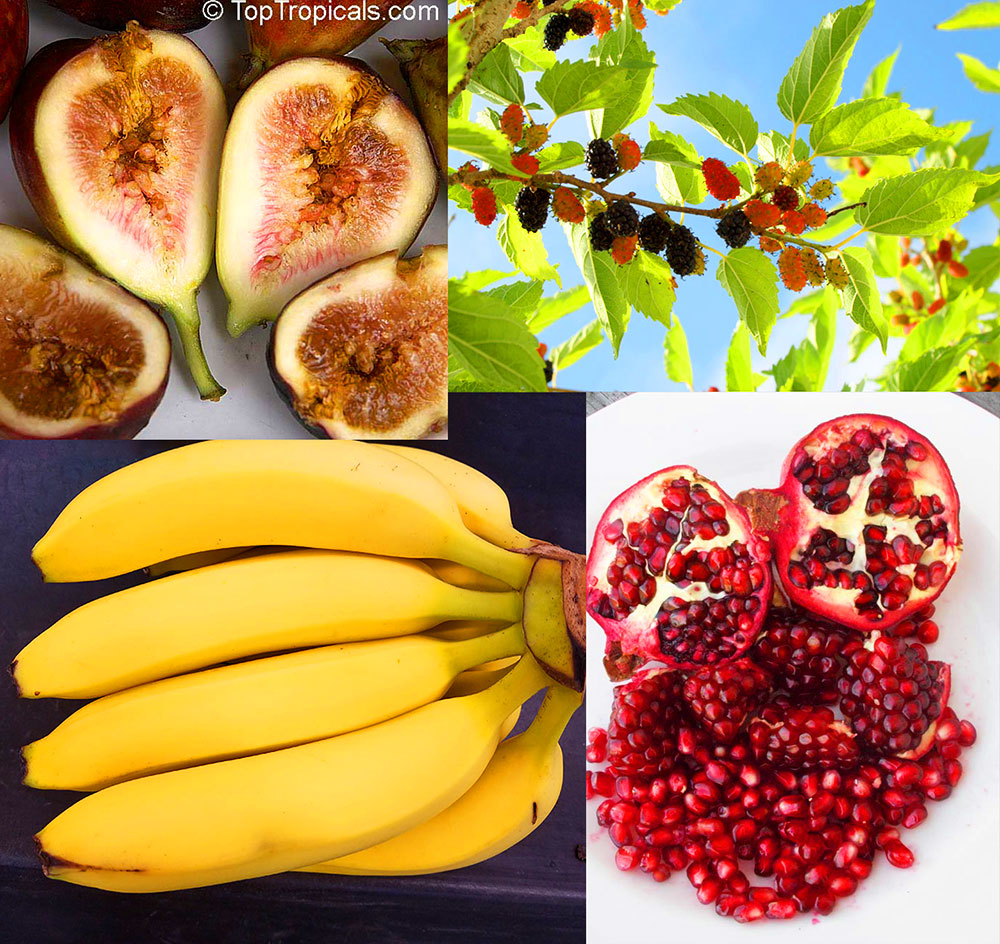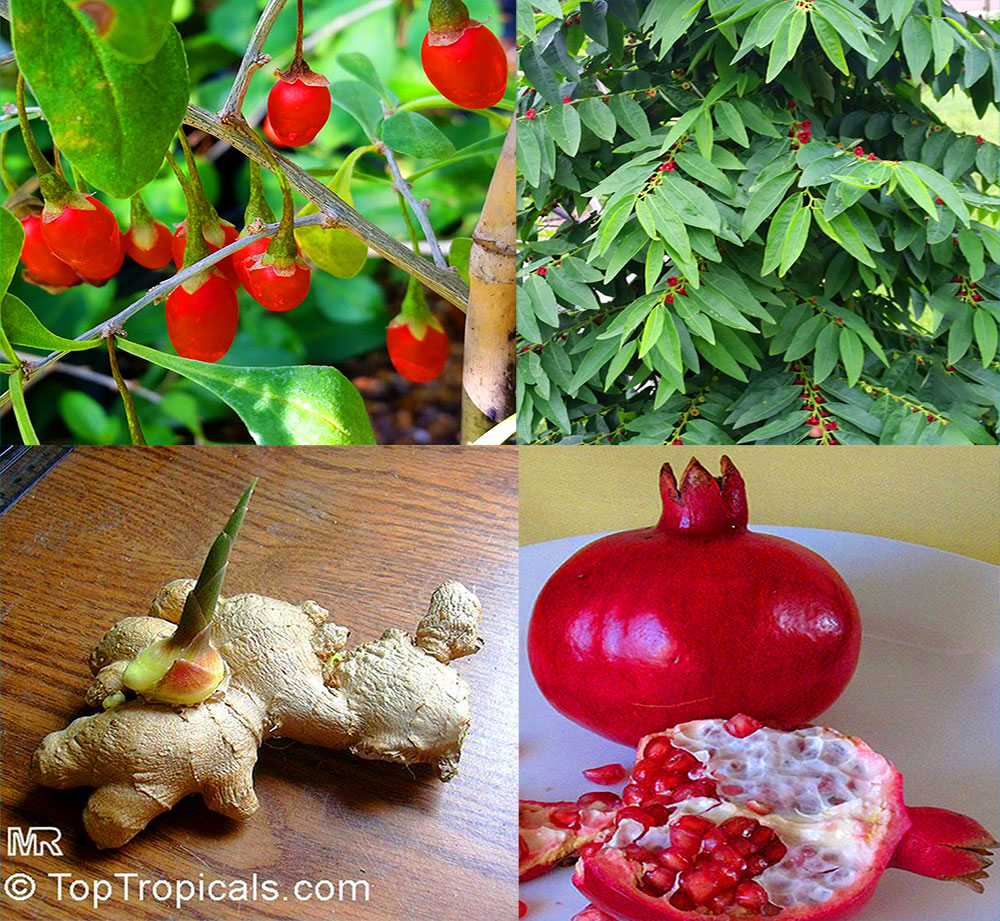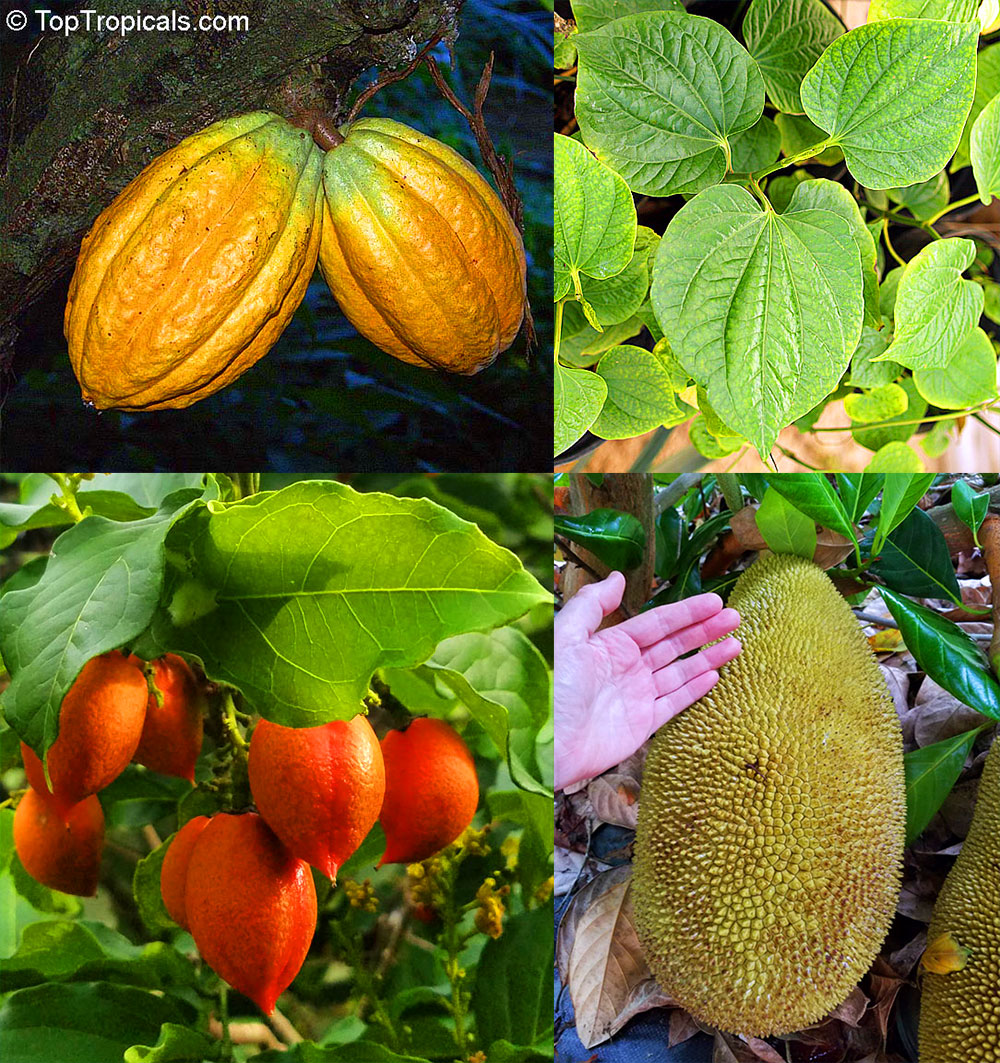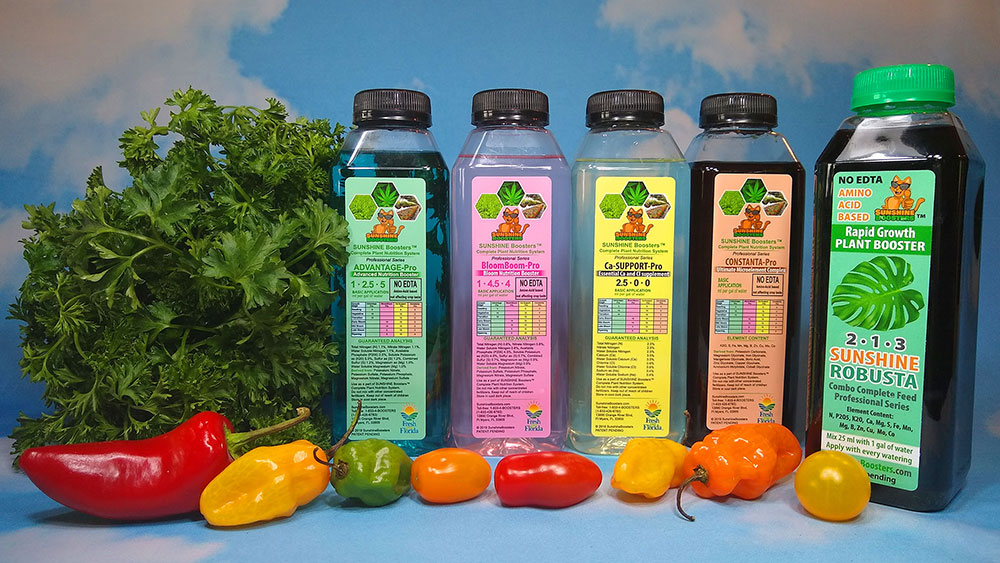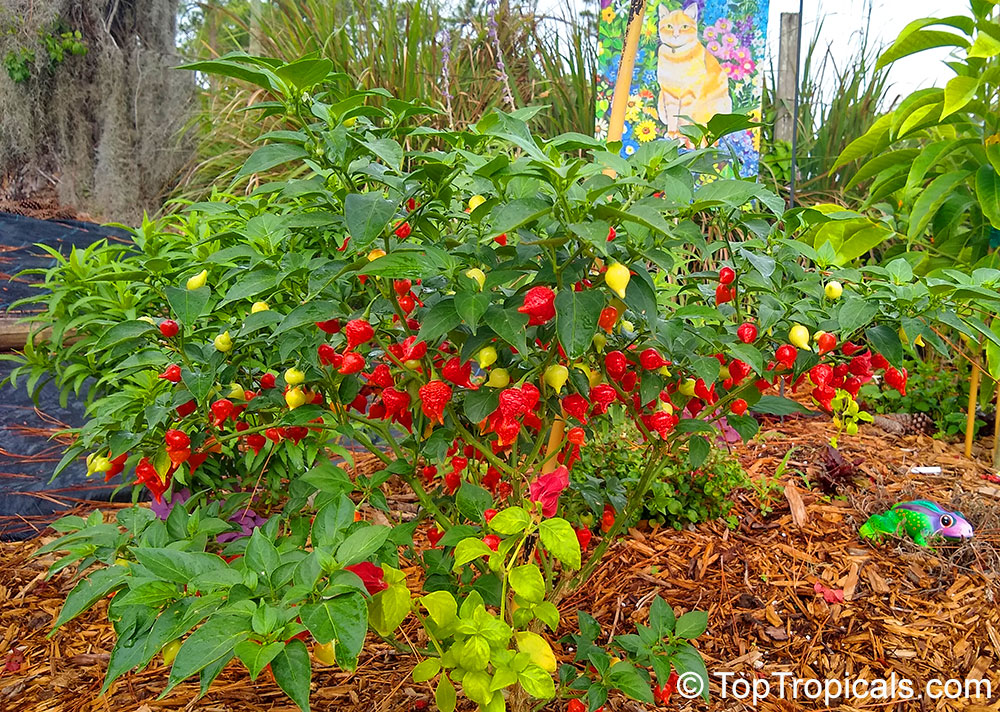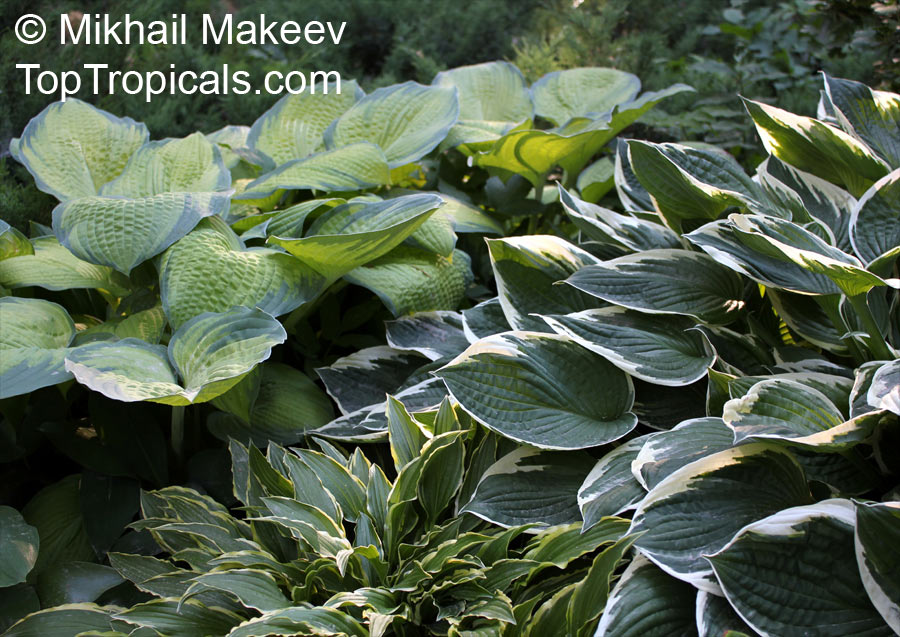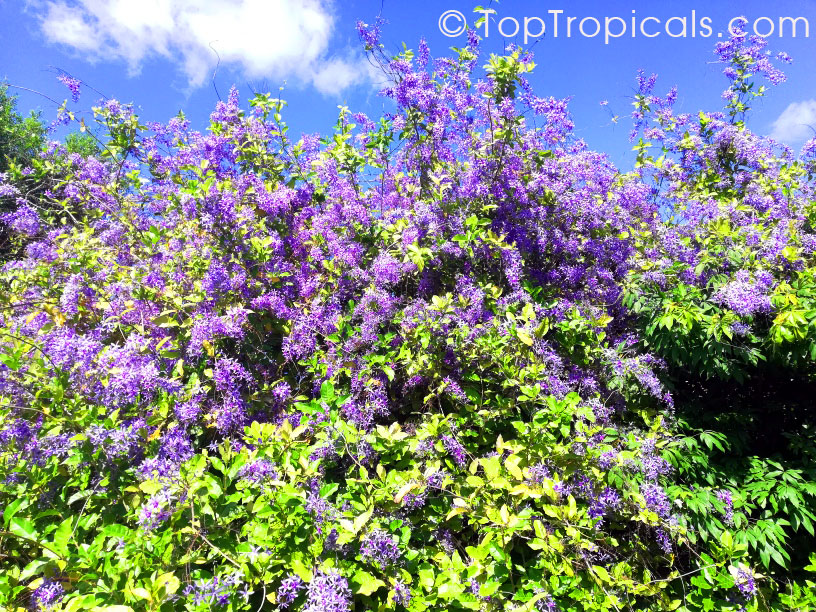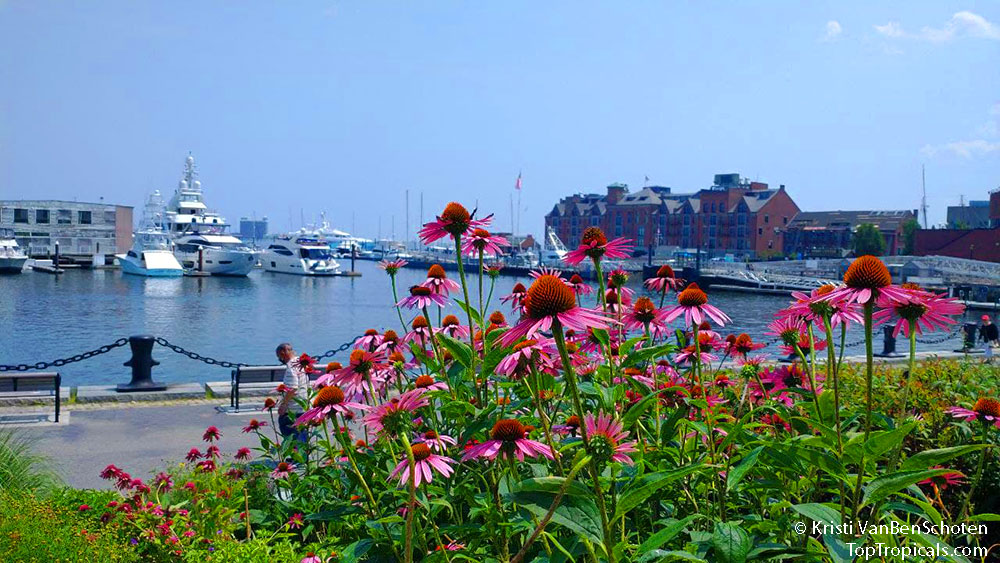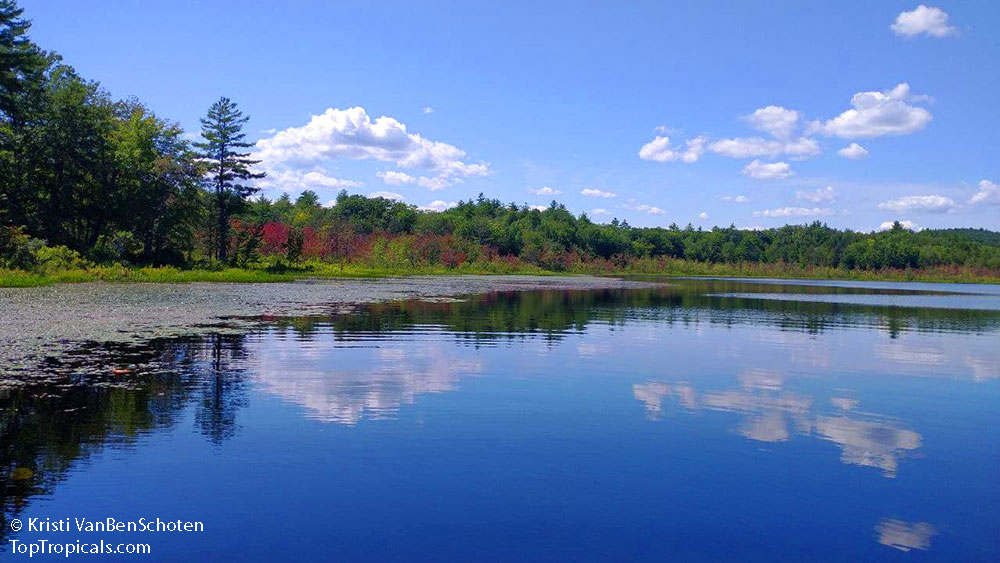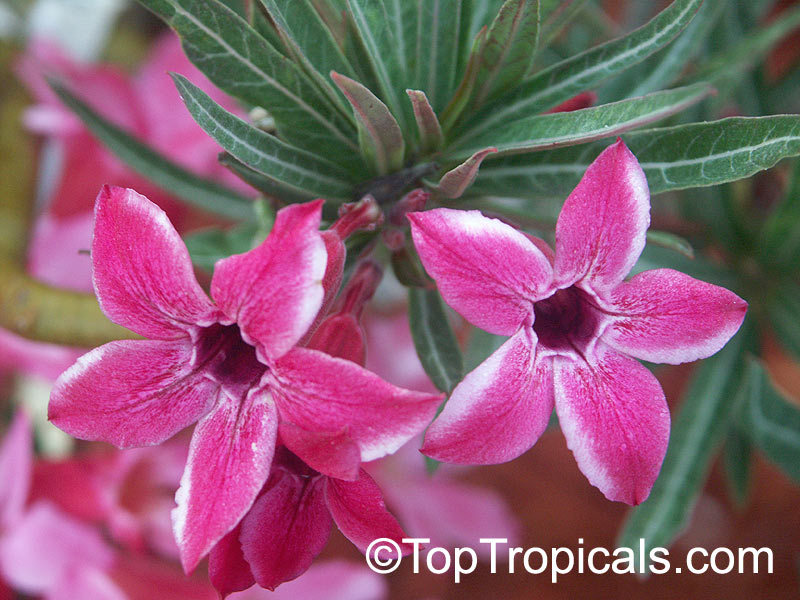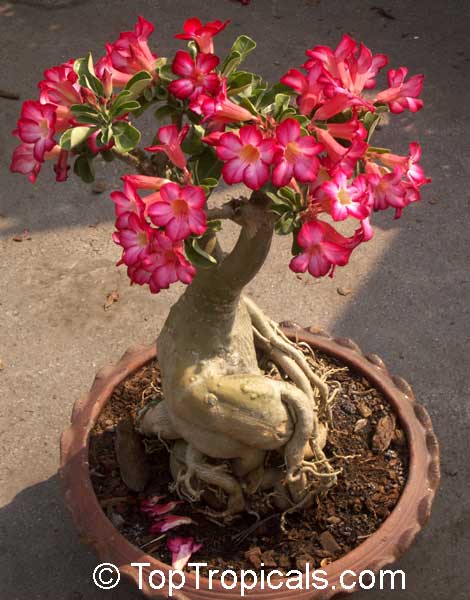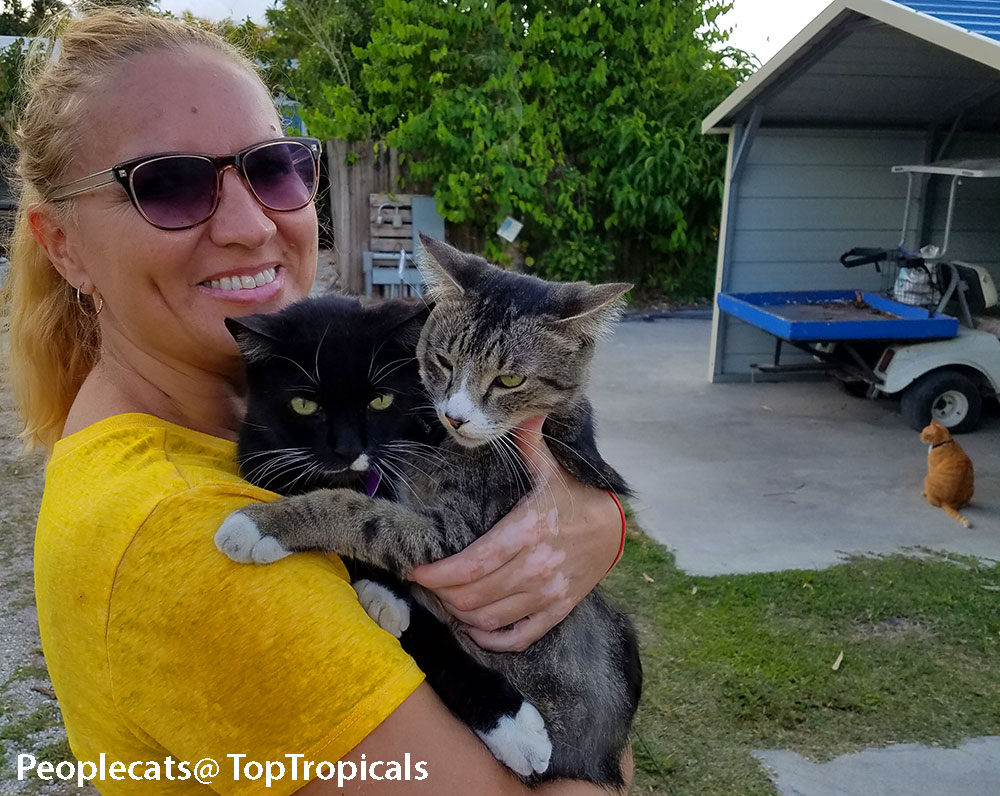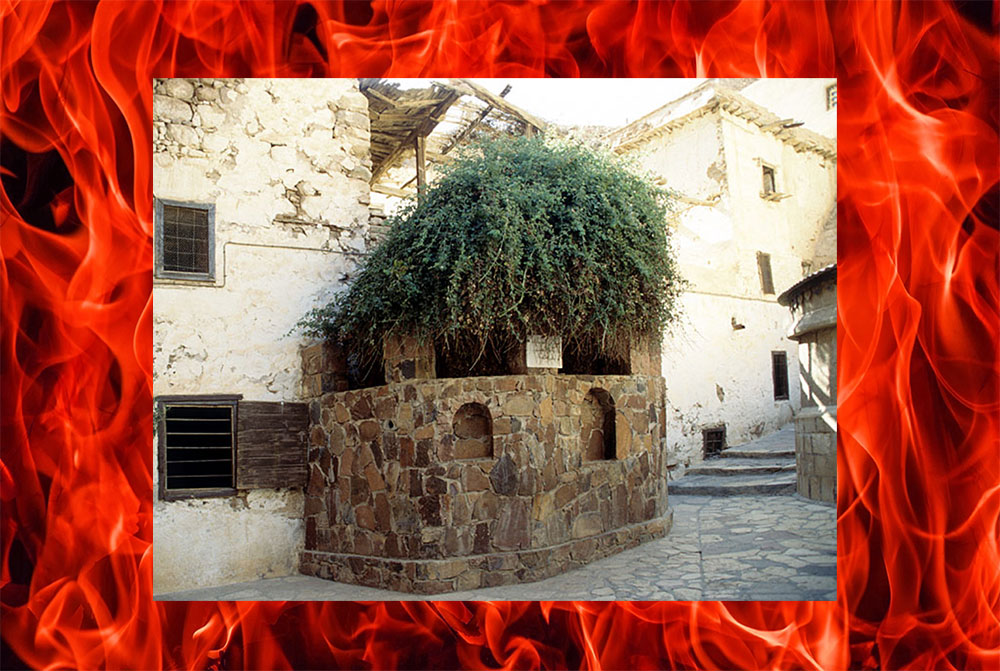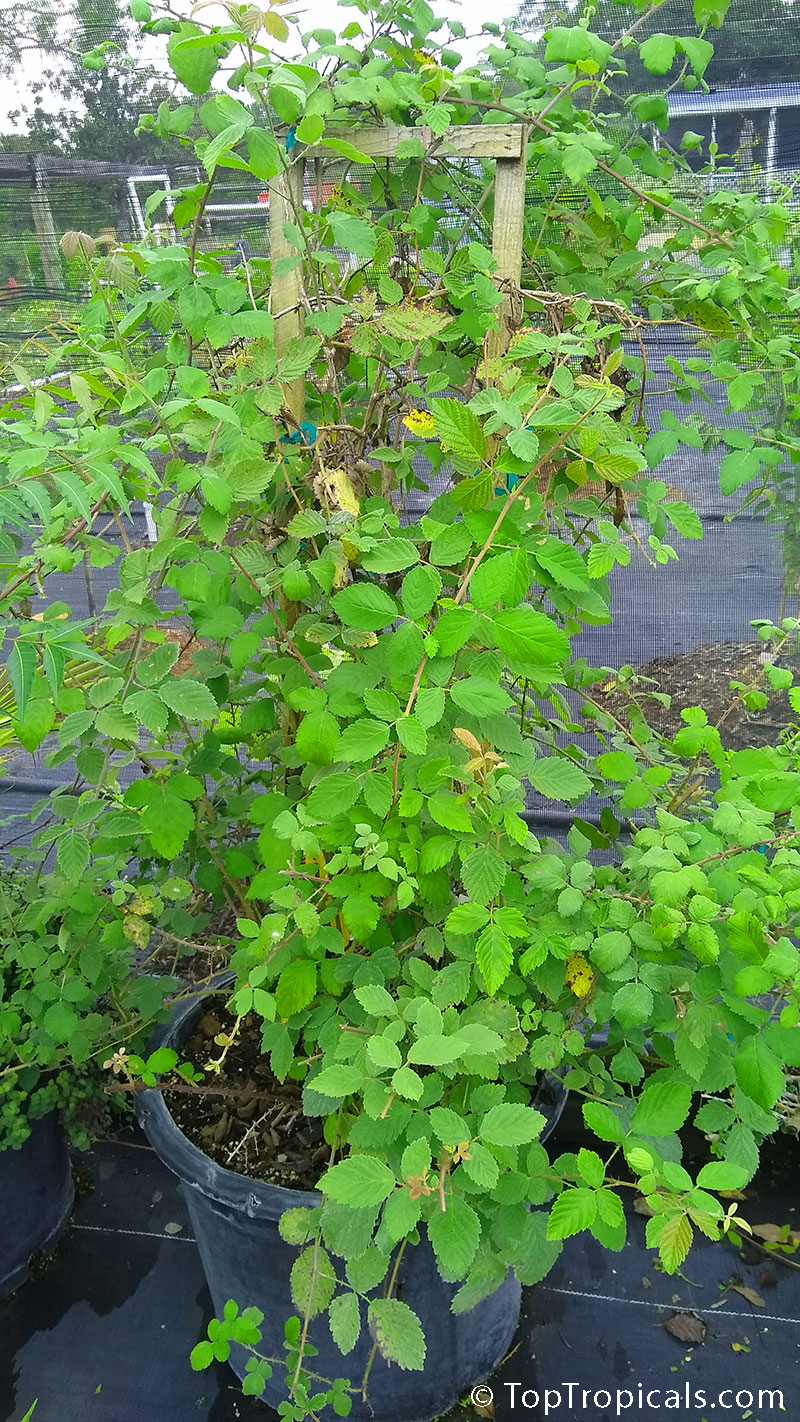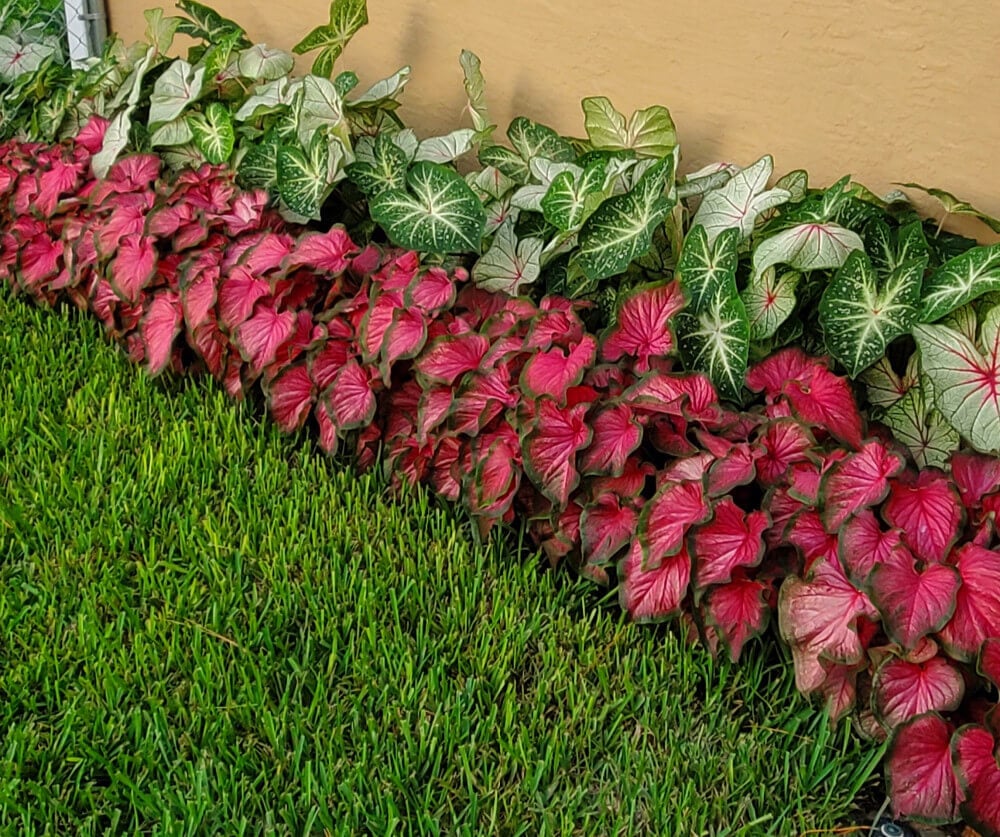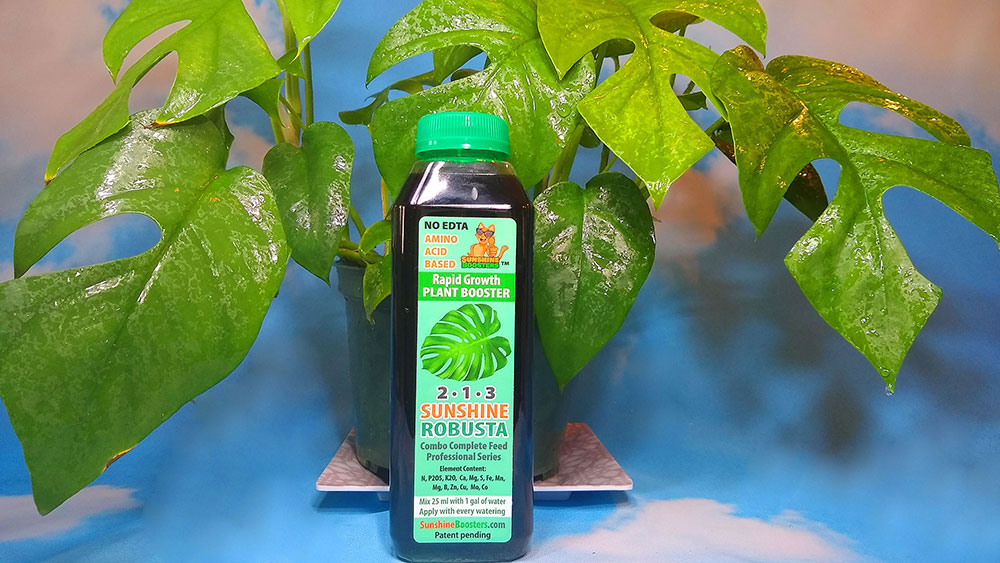How to grow Cerbera and make it flower
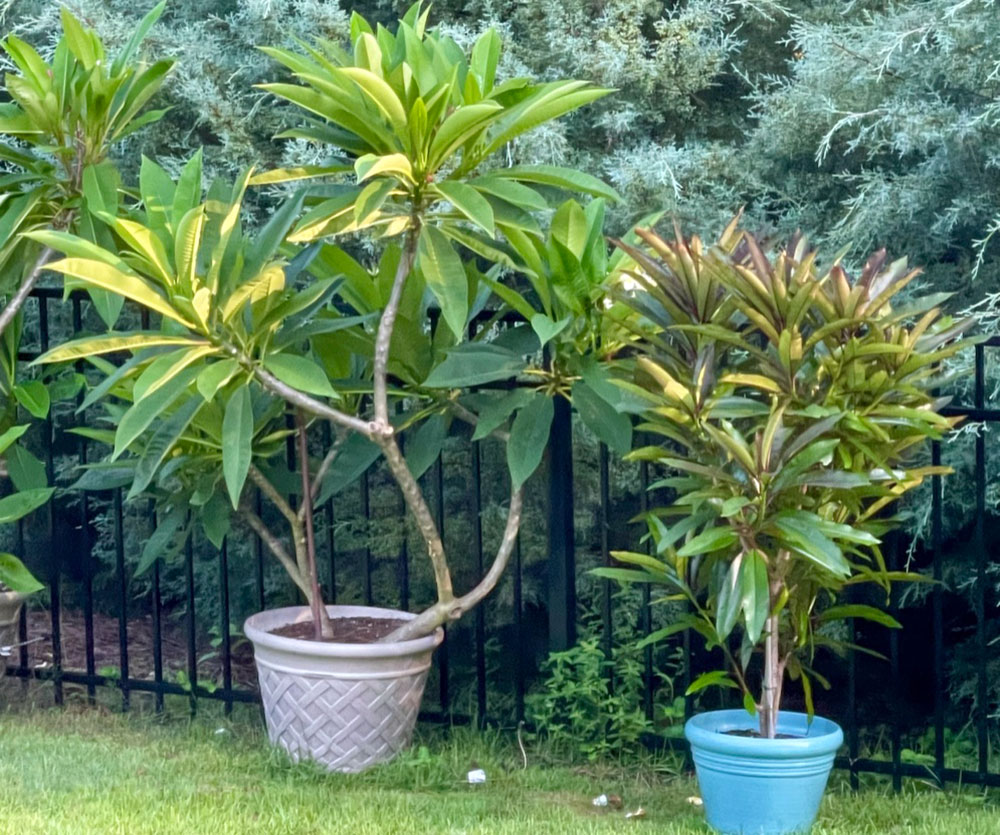
Q: I purchased Cerbera manghas - Enchanted Incense a year ago. As you see from the
photo, it's doing great however, no blooms. I fertilize properly and very often
and use worm castings for micronutrients. Yes it's not "your" fertilizer, but
my plumerias, that are also in pots they are over 5 feet tall and blooming
like crazy. I don't see any inflows coming on the Cerbera at all and it is hot
and humid here in North Carolina, so it's happy but no sign of blooming.
What is your advice?
A: Top Tropicals first brought Cerbera manghas into the US plant
market a few years ago, it was recommended to us by our friend, plant
taxonomist John Mood who visited Thailand, and among other exotic plants noted this
fragrant beauty. Since then we've been successfully growing this plant, it
has become one of everybody's favorites.
Generally speaking, Cerbera culture is very similar to Plumerias. These
plants are closely related. So if you know how to grow Plumeria, you sure
will succeed with Cerbera. Hot and sunny location, well-drained mix, moderate
water and bloom boom fertilizer will do the trick. However, we have noticed a
few distinctive features that make this plant somewhat challenging at
times.
1) Flowers
For past years, we've been studying what triggers its flowering.
Sometimes these plants start flowering in 1 gal pot, 1 ft tall. Other times a large
developed tree 5-6 ft tall, in 5-7 gal pot, grows beautiful foliage with no
signs of flowers. Eventually all of them bloom, no matter how stubborn they
are, it's just some individual plants start flowering sooner than others, all
grown in the same conditions.
One of our plants in the ground, a well-branched tree, was covered with
flowers for a few months, but only on the 3d year after planting. Before that,
it only produced a few random blooms. Others bloomed in pots at very young
age.
The following factors benefit to Cerbera flowering:
- full sun at least 10 hours a day
- hot temperatures above 85F
- regular water but not heavy rains
- regular fertilizer - Bloom Booster type
- very good drainage and drying out before waterings. If root ball stays
moist, the plant may look healthy but won't set flower buds. Keeping on a dry
side will encourage flowering. Very similar to Jasmines: they bloom like crazy
in April while it's hot and dry in Florida, but once our summer rainy season
starts, they reduce blooming.
We highly recommend using Sunshine Megaflor bloom booster or SUNSHINE Pikake in combination with micro-element supplements Sunshine Honey (B-Mo) and Sunshine Superfood (complex micro) that induce flowering.
Dry and granulated fertilizers may not supply exactly what a plant needs:
certain elements that trigger flowering may be missing. Sunshine Boosters
formulas are scientifically balanced, they contain precise amounts of nutrients
needed for setting flowers. Besides, excessive salts from regular dry
fertilizers create nutrient lock up that may retard plant metabolism; with liquid
amino-acid based Sunshine boosters, plants consume the whole menu of elements
without building them up in the soil.
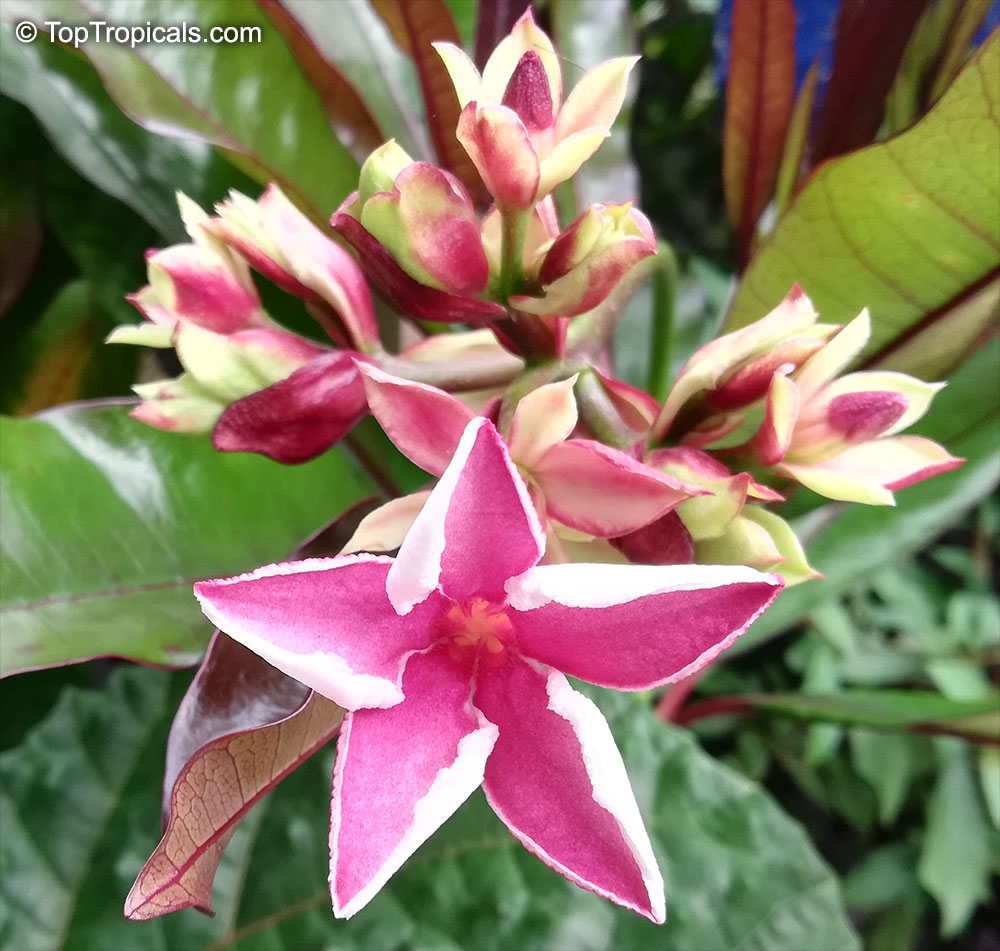
2) Fruit
Fruit of Cerbera are very pretty and cover the tree after profuse
flowering. To inexperienced eye they may look very much like small mango or avocado
fruit - so make sure kids or visitors don't try to eat them! Cerbera seeds
are extremely poisonous.
3) Leaves
If you ever grew Passiflora or Milkweed, you know how leaves can be
eaten by caterpillars overnight. This may happen to Cerbera too, as we
discovered. In Florida environment this exotic plant doesn't have natural predators for
protection from certain insect species that may feed on it. So watch out and
if noticed first signs of leaves damage - its time for insect control.
Other than that, Cerbera foliage is usually beautiful and colorful, here in
Florida it looks much healthier than that of Plumerias often affected with
rusty residue during high humidity months.
Hope this helps. The Cerbera fragrance is enchanting, it is worth the
efforts and waiting!

